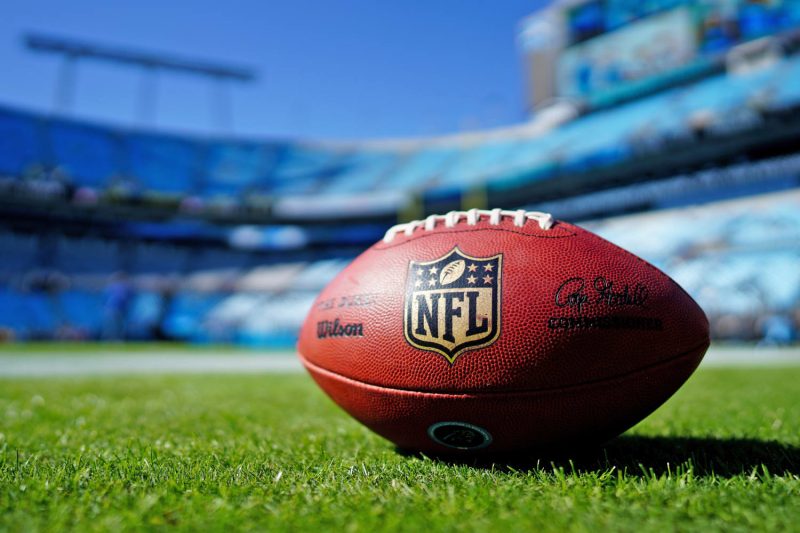
Touchdown Decision: NFL Owners Score Big with Private Equity Investment Approval
The recent news of NFL owners voting in favor of private equity investment has sparked debates and discussions among fans and experts in the sports industry. This decision marks a significant shift in the landscape of the NFL, as traditionally the league has been known for its conservative approach and reluctance towards outside investment.
Private equity firms are known for their ability to inject capital into businesses in exchange for a stake in ownership. By allowing private equity firms to invest in NFL teams, the league opens up new avenues for growth and innovation. This move could potentially lead to increased revenues, improved facilities, and enhanced fan experiences.
However, the decision to bring in private equity also raises concerns about the potential impact on the league’s culture and values. Critics argue that private equity firms may prioritize profits over the long-term sustainability of the teams, leading to short-sighted decisions and a focus on financial returns rather than the overall well-being of the league.
One of the key aspects of this decision is the potential transformation of the NFL’s financial structure. Private equity firms could introduce new revenue streams and business strategies that may help teams remain competitive in an increasingly challenging sports market. By leveraging the expertise and resources of these firms, NFL teams may be able to optimize their operations and expand their reach to new markets.
Furthermore, private equity investment could also lead to improved player welfare and development. With increased financial resources, teams may have the ability to invest more in player training, healthcare, and mental health support. This could ultimately benefit the athletes and contribute to a more sustainable and ethical sports environment.
While the decision to allow private equity investment in the NFL represents a significant development, it also raises questions about the league’s commitment to its core values and traditions. As the NFL navigates this new terrain, it will be essential for stakeholders to carefully consider the potential benefits and drawbacks of private equity involvement and work towards ensuring that the integrity and spirit of the game are upheld.
Overall, the NFL’s move towards private equity investment signals a new chapter in the league’s history. By embracing outside capital and expertise, the NFL aims to position itself for sustained growth and success in a rapidly changing sports landscape. As the implications of this decision unfold, it will be crucial for all parties involved to collaborate effectively and prioritize the long-term health and prosperity of the league and its teams.
